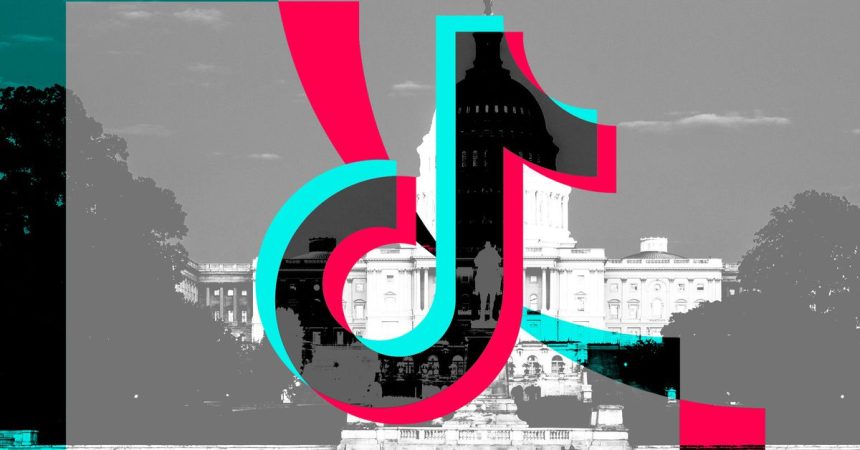The impending meeting between TikTok CEO Shou Zi Chew and former President Donald Trump underscores the complex and often contradictory relationship between the social media platform and the US government. Trump’s initial hostility towards TikTok, fueled by national security concerns surrounding its Chinese ownership, led to threats of a ban. This initial stance aligned with broader anxieties regarding data privacy, potential censorship, and the influence of a foreign-owned platform on American users. However, Trump’s subsequent reversal on the ban, citing his desire to avoid further empowering Facebook, whom he considered an “enemy of the people,” highlights the interplay of political considerations and personal grievances in shaping his tech policy. This abrupt shift reveals a seemingly opportunistic approach to regulating social media, prioritizing personal rivalries and perceived political advantages over consistent application of national security concerns. Finally, Trump’s eventual decision to join TikTok further complicates the narrative, showcasing the paradoxical nature of his engagement with the platform.
The meeting between Chew and Trump represents a pivotal moment in TikTok’s ongoing struggle for legitimacy and acceptance within the US market. The platform has faced intense scrutiny from lawmakers and regulators, who have expressed concerns about its data collection practices, potential for foreign influence, and the impact on young users. These concerns led to bipartisan calls for stricter oversight, investigations by government agencies, and even proposed legislation to ban the app outright. Chew’s meeting with Trump, therefore, serves as an opportunity for TikTok to address these concerns directly, build relationships with key policymakers, and potentially mitigate the threat of future restrictions or bans. It signifies TikTok’s proactive approach to navigating the challenging political landscape and its commitment to securing its position within the US digital ecosystem.
Trump’s evolving stance on TikTok reflects a broader pattern of inconsistent and often contradictory policies towards technology companies. His administration’s actions were often characterized by a mix of protectionist rhetoric, antitrust concerns, and personal grievances against specific companies or individuals. While he expressed concerns about the power of Big Tech, he also actively engaged with social media platforms, particularly Twitter, to communicate directly with his base and bypass traditional media outlets. This duality highlights the complexities of regulating the tech industry in an era of rapid innovation and evolving societal impact. It also underscores the need for a more coherent and consistent approach to tech policy that transcends personal biases and political expediency.
The meeting between Chew and Trump exemplifies the increasing importance of personal relationships and direct engagement in navigating the complex world of tech policy. While formal regulatory processes and legislative actions remain crucial, these behind-the-scenes interactions can significantly influence policy outcomes. Cultivating relationships with key decision-makers, presenting compelling arguments, and addressing concerns directly can often prove more effective than relying solely on traditional lobbying efforts. Chew’s meeting with Trump represents a strategic move by TikTok to engage in this type of direct diplomacy, aiming to influence perceptions and shape policy outcomes in a favorable direction.
Beyond the immediate implications for TikTok, this meeting underscores the broader challenges posed by the globalized nature of the tech industry. With companies operating across borders and serving diverse user bases, national regulations often struggle to keep pace with the rapidly evolving digital landscape. The case of TikTok exemplifies the difficulties in balancing national security concerns with the principles of free trade and the desire to foster innovation. It also highlights the need for international cooperation and dialogue to address the complex challenges posed by global tech platforms.
In conclusion, the meeting between TikTok CEO Shou Zi Chew and former President Donald Trump represents a significant moment in the ongoing debate surrounding the regulation of social media platforms. It highlights the complexities of navigating the political landscape, the importance of personal relationships in shaping policy outcomes, and the challenges posed by the globalized nature of the tech industry. The outcome of this meeting, and the subsequent actions taken by both TikTok and the US government, will undoubtedly have far-reaching implications for the future of social media and the evolving relationship between technology and politics. It also serves as a case study in the dynamics of power, influence, and the challenges of regulating a rapidly changing digital world.



